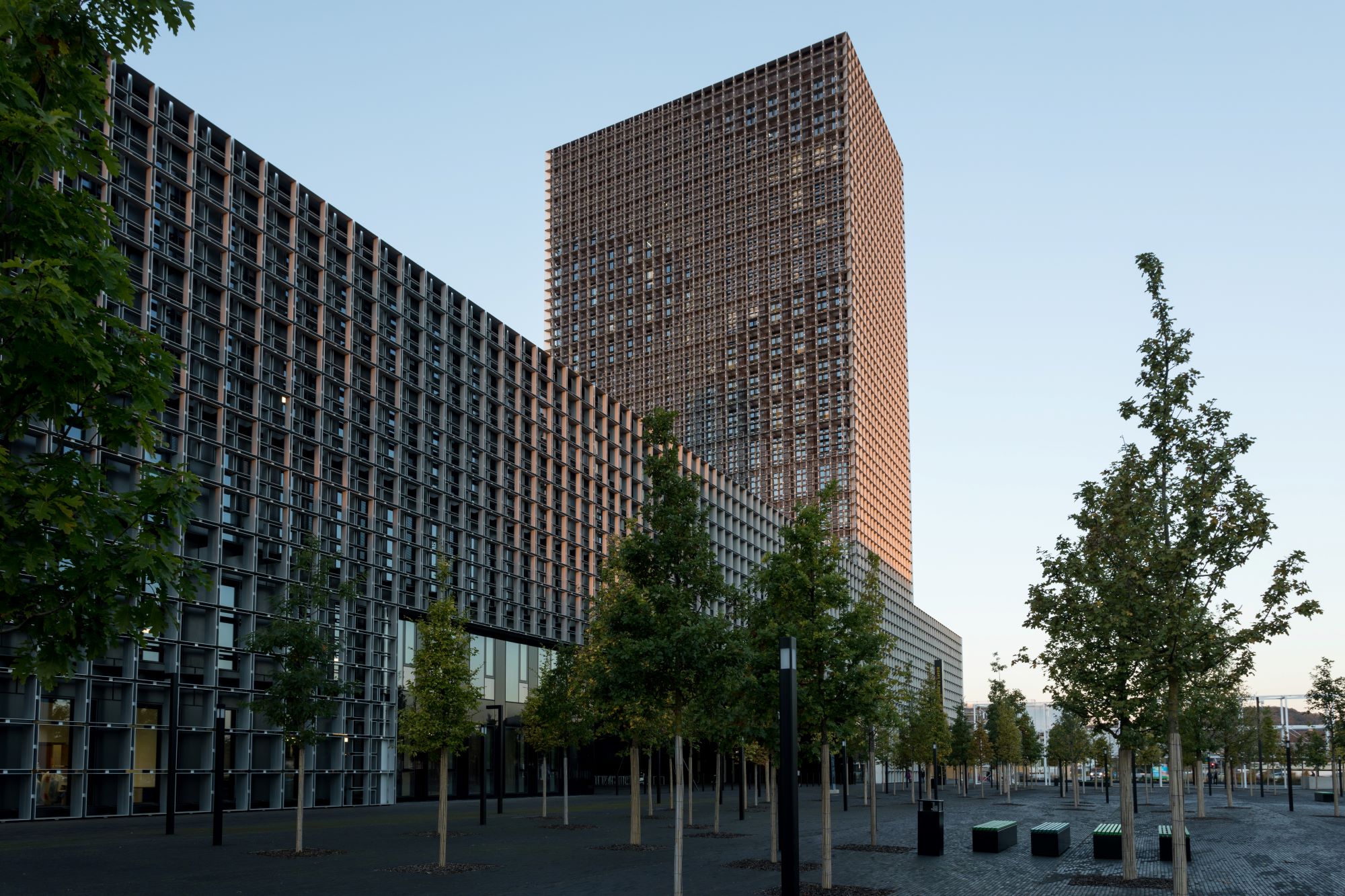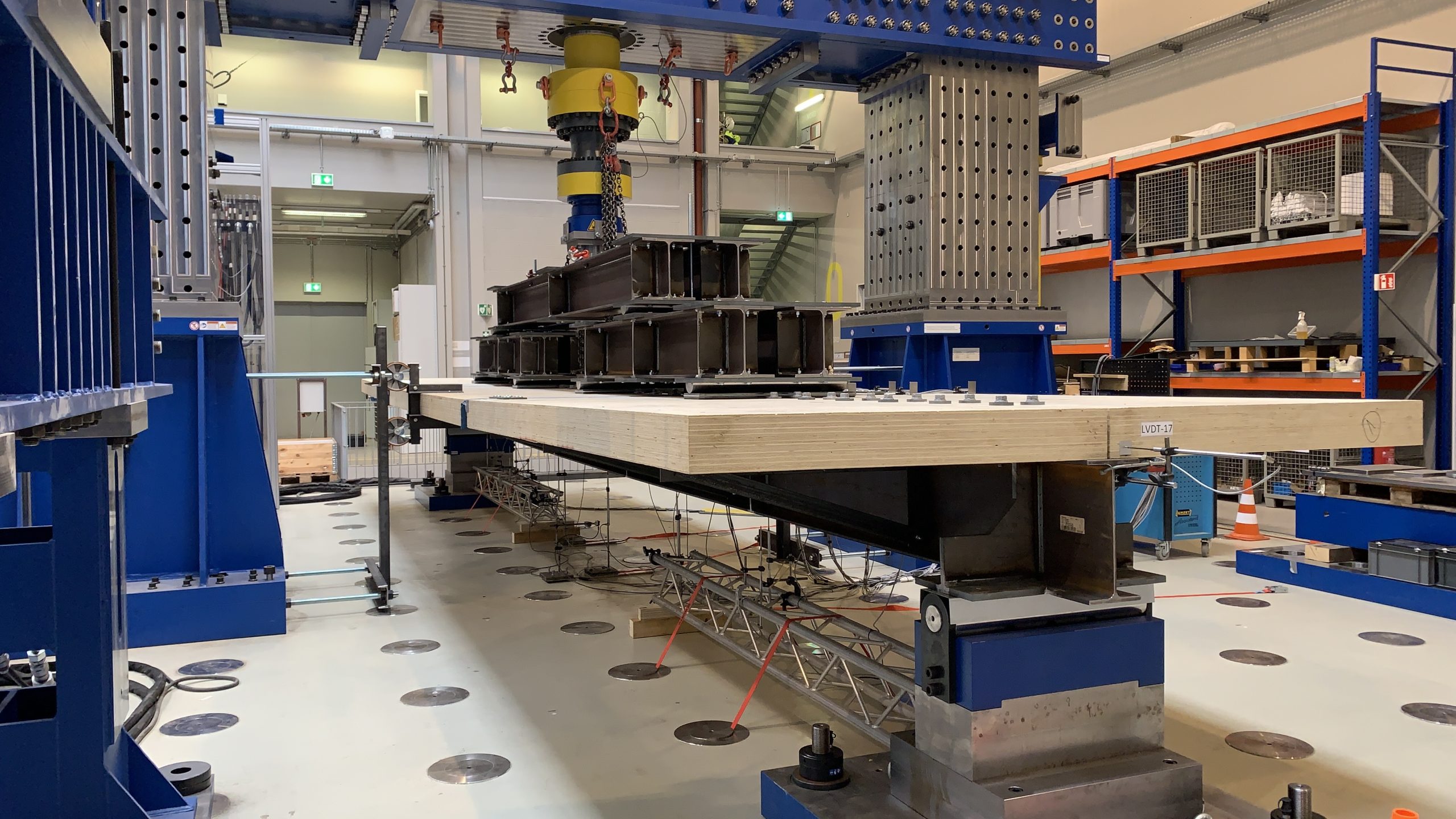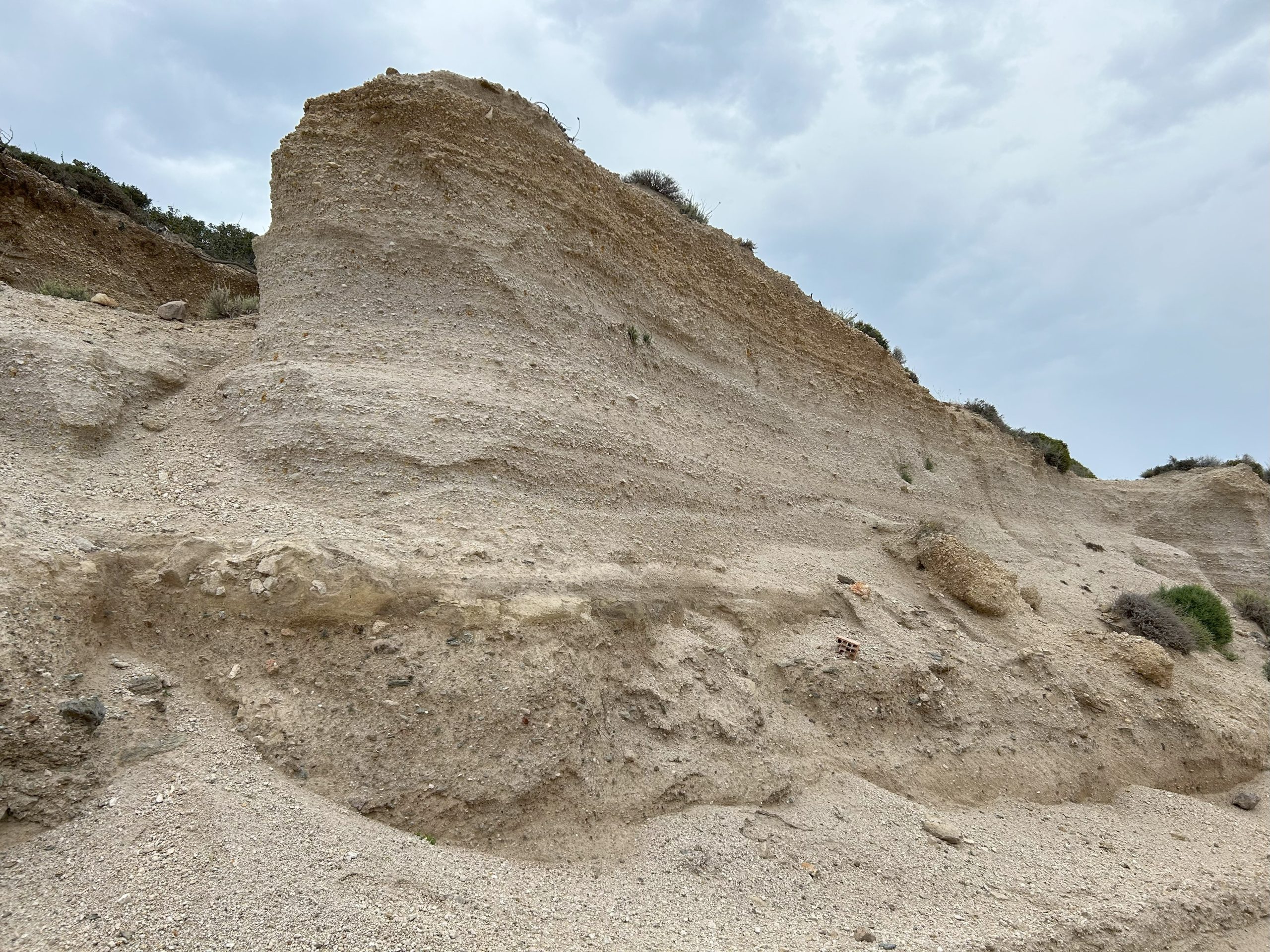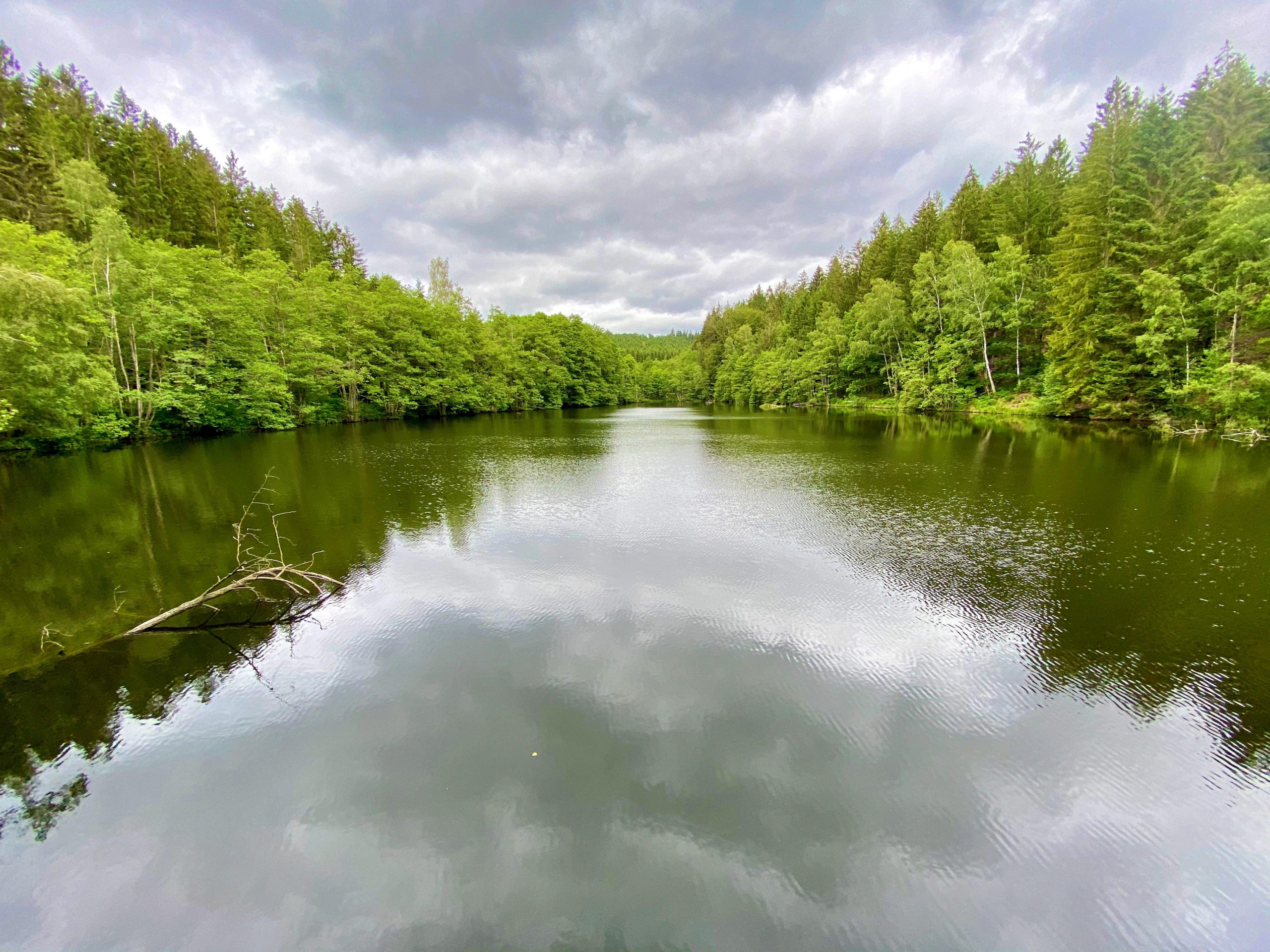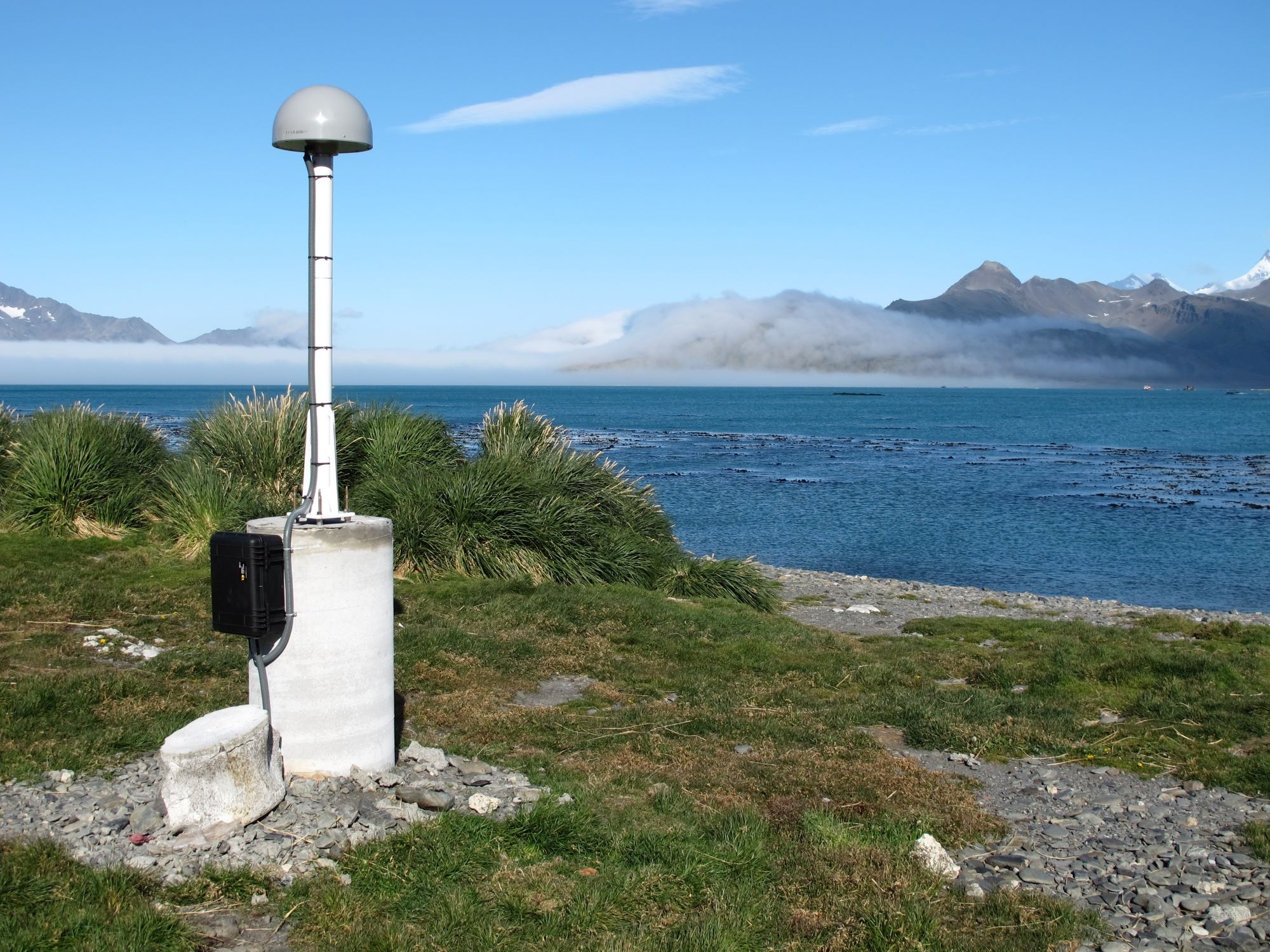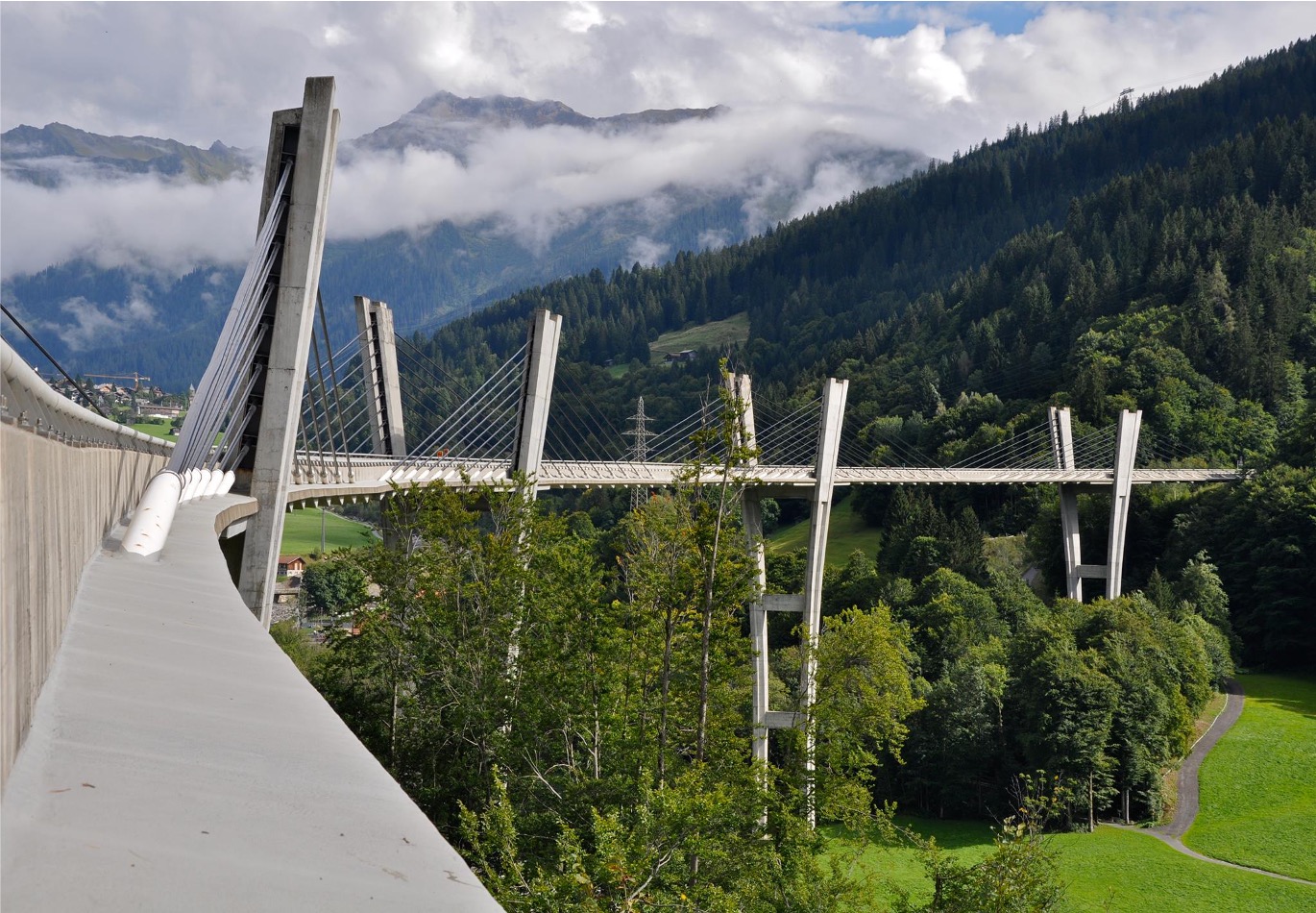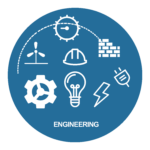About
Environmental changes pose more and more challenges to particularly civil, environmental and geospatial engineers as this century advances. The ongoing changes affect our buildings and infrastructures (e.g., how we construct, maintain and operate them), our resources and their distribution (e.g., how we use construction materials, water and its treatment, and manage transport), and require us to ever more develop innovative methods and technologies in all related aspects. At the same time, it is inevitable that we improve our understanding of the complex natural and anthropogenic processes (e.g., how they work, interact, and how we can integrate them), in order to mitigate rather than to amplify their effects on society. All these challenges require engineers to think of innovative, more resilient and sustainable solutions on all levels through accurate data capture and knowledge, advanced engineering methods, and state-of-the art technologies.
Within this research area the strong need to limit the environmental impact and natural resources consumption of all construction activities (following the specifications of the European Green Deal towards zero carbon emission by 2050) is therefore predominantly addressed by the various Structural Engineering groups in steel, concrete and composites, while our understanding and the growing impact towards natural, managed (agriculture and forestry) and build environments due to climatic changes and increasingly severe events is addressed by the groups on Transport, Complex Systems, Urban Water Management, Computational Soil Mechanics and Foundation Engineering, and Geodesy and Geospatial Engineering.
Some of the key topics addressed by the research groups include:
- sustainable and zero carbon constructional steel solutions
- sustainable composite structures in steel, concrete and timber
- sustainable design and management of concrete structures
- modelling and analysis of building materials and load-bearing structures
- soil and rock mechanics in surface to deep constructions
- monitoring/capturing for geoscientific, engineering and environmental applications
- wastewater and sewage sludge treatment, and energy in the urban water cycle
- smart and sustainable transportation and mobility services
- data acquisition methods and simulation models for complex systems
